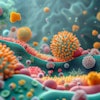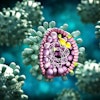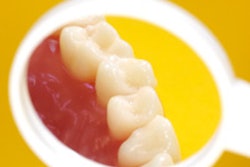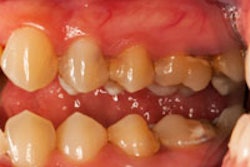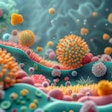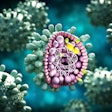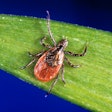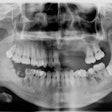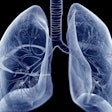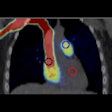Researchers from the Case Western Reserve University have found a new, less invasive method to extract single, rare immune cells from the mouth to study how the mouth's natural defenses ward off infection and inflammation. They report their findings in Biological Procedures Online (March 10, 2014).
By isolating and studying how these specialized immune cells (white blood cells known as leukocytes) fight diseases, researchers hope to learn more about treating and preventing health issues such as oral cancers, cardiovascular disease, AIDS, and other infectious diseases.
Studying tissue immune cells allows researchers to learn how they function at infection sites. But previously, researchers had to grow immune cells from blood, since there were no reliable methods to get the cells from the mouth, where it is easier to extract. Until now, they couldn't be isolated with enough viability or grown to study their activities, explained study author Pushpa Pandiyan, PhD, an assistant professor of biological sciences at the Case School of Dental Medicine.
Pandiyan and her colleagues developed a way to successfully and reliably isolate and keep a single immune cell from the tongue, gums, and palate alive enough to study. Using mouse models, they were able to isolate two important specialized immune T lymphocytes that play a role in fighting oral diseases. Tissue samples from the mouths of mice were washed several times in saline and chemical solutions with antibiotics. The tissue was then disintegrated using salts and enzymes. The solution was centrifuged and strained to separate different tissue parts with more washings and separations before the cells could be studied and grown.
With their new method, the researchers reported that more than 94% of the isolated cells lived long enough to study.
